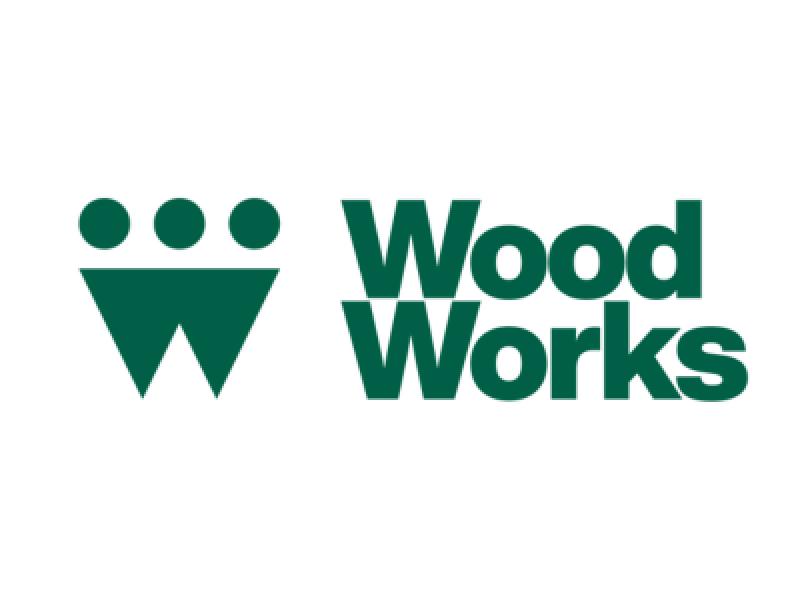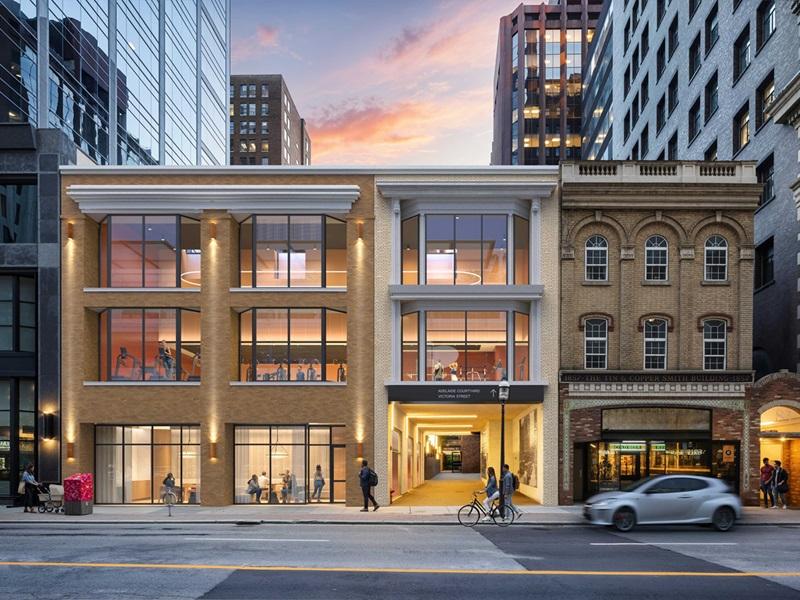
Mark Kenney, the CEO and president of Canadian Apartment Properties REIT, or CAPREIT. (Image courtesy CAPREIT)
New Canadian Apartment Properties Real Estate Investment Trust CEO Mark Kenney isn’t wasting any time putting his stamp on the trust, announcing its second major purchase of manufactured homes communities (MHCs) in the past three weeks. The latest acquisition of 23 Canadian communities, comprising 3,469 pads, means the trust will have grown its MHC portfolio by 45 per cent in that short span.
CAPREIT (CAR-UN-T) said it will pay $182 million for the sites.
“We look to continue expanding this highly accretive aspect of our business going forward,” Kenney told RENX in an interview just before being named CEO last week. He said the organization has developed an entire division to oversee that part of its business.
CAPREIT had, in March, also announced the purchase of more than 1,100 mobile home sites in 11 communities in Ontario, B.C. and Alberta. The trust’s portfolio will swell to 11,166 sites in 68 communities when both transactions have closed.
Kenney said CAPREIT likes the manufactured homes market for its steady cash flow and minimal capital costs.
$300-million share offering
To fund the transaction, CAPREIT announced a $300-million share offering. It will issue 6,125,000 shares at $49 per unit to a syndicate of underwriters led by RBC Capital Markets. The underwriters also have an over-allotment option to purchase up to an additional 918,750 units.
The offering is expected to close by April 23.
Of the proceeds, $116 million is to be used to fund the equity portion of the most recent purchase. CAPREIT said it expects its debt ratio to remain unchanged at about 38 per cent if the acquisitions and offering proceed as expected.
The most recent acquisitions are spread across five provinces, but are concentrated in three regions: 47 per cent in Atlantic Canada, 23 per cent in Ontario and 30 per cent in Alberta. Occupancy stands at 95.4 per cent.
In addition to the equity funding, CAPREIT will assume $66 million in existing mortgages with a weighted average interest rate of 3.4 per cent and a weighted average term of 2-1/2 years. Closing is expected in May 2019, subject to approvals.
About the portfolio
The MHC portfolio is broken into three geographic groupings:
* the Atlantic Canada portfolio consists of 11 properties totalling 1,619 sites in New Brunswick, Nova Scotia and Prince Edward Island;
* the Ontario portfolio consists of five communities totalling 800 sites;
* and the Alberta portfolio includes 7 communities totalling 1,050 sites.
It also includes opportunities to expand through the development of new lots.
The properties are being acquired at a blended 4.7 per cent cap rate, including both the MHC portfolio acquisition and CAPREIT’s Q2 pipeline of new construction apartment acquisitions.
After the acquisitions and the offering, CAPREIT expects to have approximately $400 million of capacity on its acquisition and operating facility – money which the trust is planning to deploy, Kenney said in a release.
“CAPREIT has a strong pipeline of potential Canadian acquisitions, some of which are newly constructed, high-quality apartment properties that are in the advanced stages of negotiation and are expected to close in Q2,” he explained.
“Additionally, CAPREIT is evaluating several other attractive acquisition opportunities in Canada, and continues to see strong acquisition opportunities through the year.”
CAPREIT’s investment strategies
While much of the focus in recent weeks has been on the manufactured homes segment, CAPREIT is still mainly an owner of apartment buildings. Kenny told RENX its hyper-focus on Canada’s three largest cities has been a key factor in CAPREIT’s growth.
“Real estate is going through a period of transition,” he explained. “(In) almost every form of real estate, the question of obsolescence is coming forward, especially retail and commercial.
“That doesn’t play out in multi-family. Where we were once seen as the asset class that nobody paid much attention to, everybody seems to have a multi-family as part of their business plan moving forward, especially in the REIT environment in Canada.”
There is no doubt urbanization, technology and other factors are forcing change to the commercial property landscape, but overall investment remains strong. In fact, 2018 — once the tally has been finalized — appears set to surpass the 2017 record of $36.2 billion in overall commercial property investment in Canada, according to Avison Young.
Kenney, who joined CAPREIT as vice-president of operations 21 years ago after the company started trading publicly, said Toronto, Montreal and Vancouver benefit from a global trend.
“There is urbanization happening around the world,” he said. “Those three Canadian cities are where our immigration primarily flows to. Those three cities are where we see natural population growth (and) delayed household formation.
“People are just getting married later and divorced more often, which puts the demand on housing — and they’re all land- and water-locked cities.”
Moreover, complex regulations in Canada’s big cities make it hard to construct new purpose-built rental buildings quickly, he said. Rental apartments often arrive in drips and drabs.
CAPREIT’s 2018 results
CAPREIT is one of Canada’s largest residential landlords with about 53,000 residential units across the country.
It is also finalizing a major deal to become the majority shareholder and controlling owner of the former European Commercial REIT, which is being rebranded to ERES. The $634-million transaction has created Canada’s first European-focused multiresidential REIT.
In its public reporting, CAPREIT disclosed a record year for performance in 2018. It reported an overall portfolio occupancy of 98.9 per cent and net rental income of $439 million, up about 11 per cent from 2017.
In Kenney’s own two-plus decades with CAPREIT, he said its evolution has included a shift toward quality in its asset mix, tenant base and market selection. “It’s paid off.”
CAPREIT is scheduled to release its first-quarter 2019 results on May 14.
– With files from Don Wilcox
EDITOR’S NOTE: This story was updated to correct inaccurate information about the acquisition portfolio cap rate. The rate is actually a “blended” rate as we have now stated, not a rate exclusive to the most recent acquisitions.
RELATED STORIES:
* Kenney takes over at CAPREIT, expands mobile home portfolio
* CAPREIT, ECREIT to create European-focused, residential REIT
* People Space: Goodman leaves Dundee, Ehrlich retires as CAPREIT CEO







